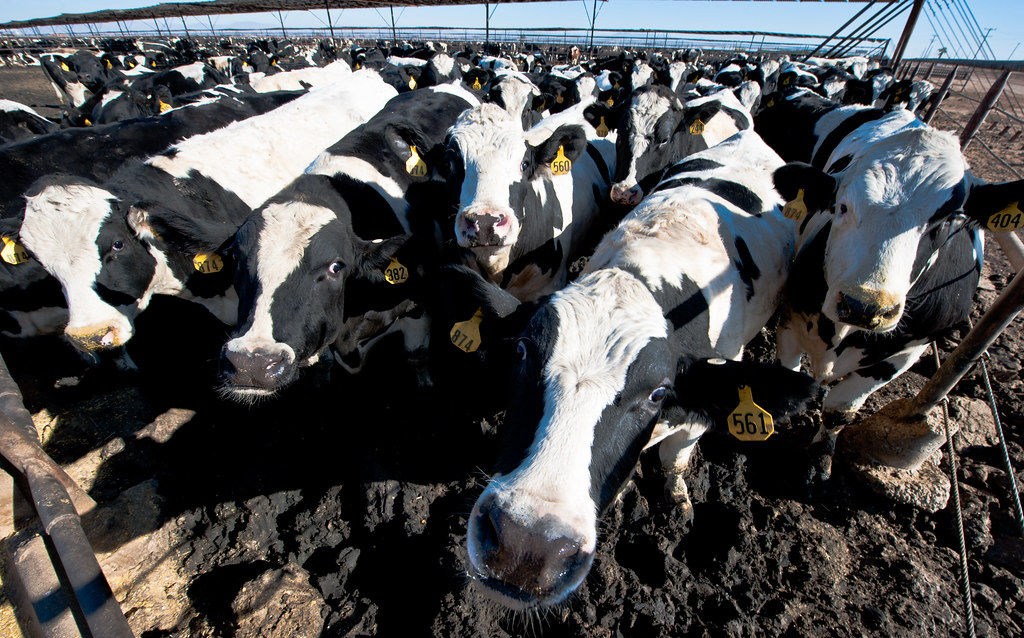UK-Australia FTA needs more scrutiny and better food and environmental protections
Trade Justice Movement | 13 October 2020
UK-Australia FTA needs more scrutiny and better food and environmental protections
FOR IMMEDIATE RELEASE
The Secretary of State for International Trade, Liz Truss, yesterday made a statement to the House of Commons detailing the latest round of trade negotiations between the UK and Australia.
Responding to the statement, Ruth Bergan, Senior Adviser at the Trade Justice Movement, said:
“Liz Truss’s statement on trade deals with Australia and Japan shows the Government is still not willing to engage properly with MPs and the public when it comes to trade. Five parliamentary committees, civil society organisations, trade unions and businesses all agree that our trade scrutiny process is not fit for purpose.
"Despite Truss’s assurances, MPs will still get no guaranteed vote on new trade deals, the consultation processes are woefully inadequate - with leading questions, a lack of transparency and clarity about how responses are used - and there is a lack of detail on what the powers of the new Trade and Agriculture Commission will be. Proper scrutiny, enshrined in legislation, is crucial for making sure that our trade deals are in line with our ambitions on things like climate change and food standards.
“Truss had nothing to say about how the UK will ensure the deal has positive climate and environmental impacts, and the government has consistently failed to support changes in legislation to protect food standards - as seen in today’s Agriculture Bill debate.
"The government’s own modeling says that a deal with Australia will increase UK GDP by a mere 0.01% in the long run, which is just £3 per person per year - about the price of two cups of tea. In exchange for these tiny benefits, the UK will have to sign away significant areas of policy - including food and environmental standards."
The Trade Justice Movement represents sixty organisations including major trade unions, environmental NGOs, faith groups and development charities.
Kath Dalmeny, CEO of Sustain, the alliance for better food and farming, said:
"Australian farm standards differ significantly from the UK’s in a number of important areas: they use hormones in beef production, use many multiple times the amount of antibiotics than we do, contributing to dangerous antimicrobial resistance, and use lots of pesticides that are banned here for health reasons. They are also performing badly against their own, inadequate goals on preventing climate change. The Climate Change Performance Index ranked Australia last out of the 57 countries that are responsible for more than 90% of greenhouse gas emissions on climate policy.
"On a more positive note, as pointed out in our own government’s National Food Strategy, the Australian government completes trade analyses and impact statements that are reviewed by a cross party committee before implementing legislation is put to a vote. In the UK, in marked contrast, trade talks have been taking place behind closed doors, with the public, parliament and health and environmental experts shut out.
"The UK’s food standards must be protected in law from being carelessly eroded by trade negotiators; parliament and civil society must have a greater say in the standards agreed in trade deals."
Notes:
Written Ministerial Statement from Liz Truss: https://questions-statements.parliament.uk/written-statements/detail/2020-10-12/hcws504
For more information and further briefing, please contact:
David Lawrence
Senior Political Adviser, Trade Justice Movement
david@tjm.org.uk | 07769665187






